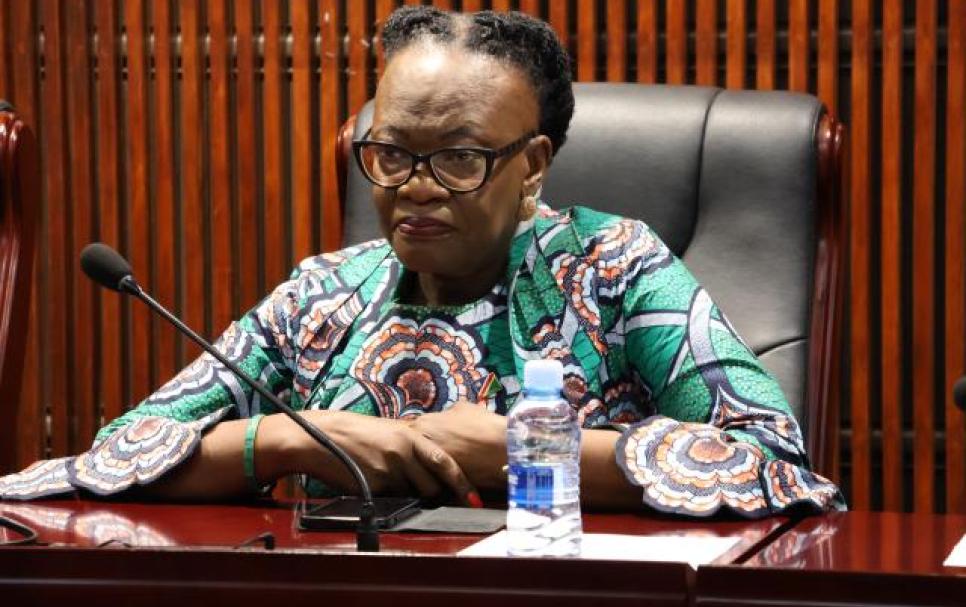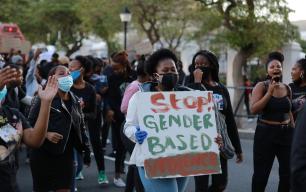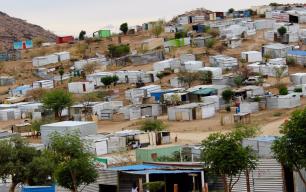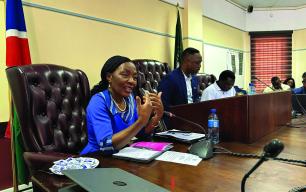Six Namibians repatriated as trafficking hits Asia

- Hilja Shikongo
The Minister of International Relations and Trade, Ambassador Selma Ashipala-Musavyi, confirmed that six Namibian nationals were recently repatriated from Myanmar and Laos with the assistance of the United Nations (UN) and the International Organization for Migration (IOM). The four women and two men were repatriated as part of efforts to combat trafficking in persons.
Speaking during the World Day against Trafficking in Persons' commemoration held in Oshikuku constituency, Omusati region, Ashipala-Musavyi said: “The just-presented report by the regional Commander of the Namibian Police is not only disturbing but warrants urgent and coordinated interventions. We applaud the UN, through the IOM, for their collaboration in facilitating the safe return of our nationals.”
The Minister also revealed that four other trafficking victims had been epatriated from Namibia to their countries of origin, two to Angola, one to Botswana and another to Zambia. “The numbers might not be significant, but behind each one of these numbers are human beings with names, with families and with dreams,” she said.
She emphasized that Namibia continues to be a source, transit and destination country for trafficking in persons, with factors such as poverty, inequality, displacement and unemployment increasing vulnerability to exploitation. “Trafficking in persons is a form of transnational organized crime. It occurs everywhere internally and across borders.”
This year’s commemoration is held under the theme “Human Trafficking is Organised Crime – End the Exploitation”, which the minister said underscores the urgent need for a coordinated and multi-sectoral response. “The safety and security of our children and members of the community is not only a responsibility of law enforcement agencies. We as parents and members of the community have a primary responsibility.”
Ashipala-Musavyi outlined Namibia’s efforts in tackling trafficking in persons. She said the country ratified the UN Protocol to Prevent, Suppress and Punish Trafficking in Persons in 2002, and enacted the Combating of Trafficking in Persons Act in 2018.
She noted that a range of national laws, including the Combating of Rape Act, the Prevention of Organised Crime Act, the Child Care and Protection Act and the Labour Act, work in synergy to address trafficking.
The government has also operationalized shelters in eight regions and launched national awareness campaigns, including radio dramas in all local languages and targeted training for frontline workers. “There are currently 26 victims, including 12 children, accommodated in those shelters,” she said.
The minister called for a “Whole-of-Namibia” approach to end human trafficking and laid out new commitments, including scaling up victim support services, expanding public education, and strengthening national data collection systems. She urged citizens to remain vigilant and to report suspected cases: “If you see something, say something. Report suspected trafficking cases by calling the Namibian Police toll-free at 10111 or the GBV Helpline at 106.”
“Tomorrow it might be your child, relative, or community member. Let us rise as defenders of justice.”
- 339 views










Comments